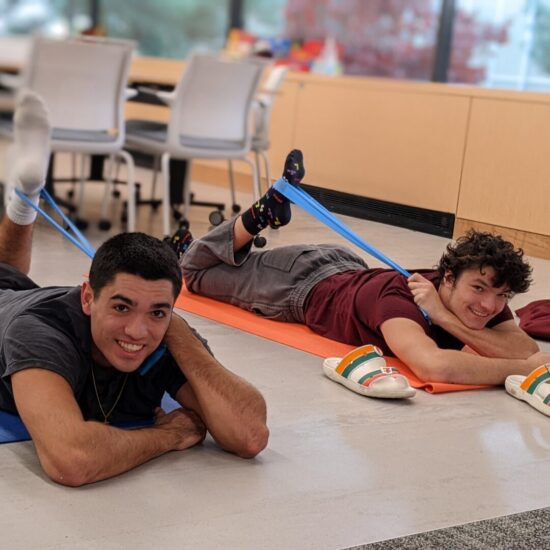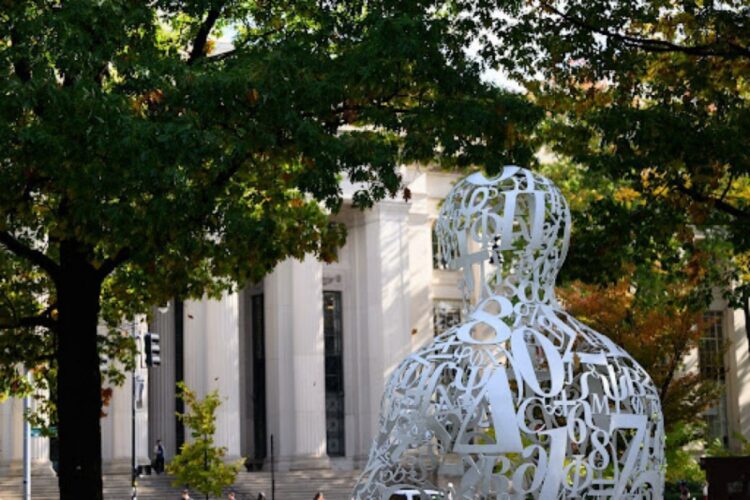Wellbeing & Support
At MIT, we strive to create an environment where students feel supported, a sense of belonging, and the ability to prioritize their well-being by offering direct support, guidance, training, education, and programming around well-being and belonging.

Direct Support Teams
When a student reaches out for help, they are connected to a network of support which provides individualized comprehensive care. No matter where they are on their journey, our direct support teams are there to guide them and offer world class support.
Student Support Services (S3)
S3 is there to help you navigate a wide variety of issues including personal and academic concerns.
Disability and Access Services (DAS)
DAS facilitates an accessible campus experience at MIT by ensuring access for qualified students with disabilities, and consulting on digital accessibility and assistive technology.
Violence Prevention and Response (VPR)
VPR is MIT’s free and confidential on-campus resource for preventing and responding to interpersonal violence.
CARE Team
CARE provides support to undergraduate and graduate students facing significant personal challenges, allowing them to focus on their wellbeing and academics.
Wellbeing and Belonging Teams
Our wellbeing and belonging teams provide resources, trainings, programming, passive education, and leadership opportunities to students to foster a culture of well-being at MIT. They also work to ensure physical spaces on campus, like the Wellbeing Lab, the Rainbow Lounge, the Cheney Room, and SPXCE, embody well-being and community.
Intercultural Engagement (i.e.)
Providing support, advocacy, and education to our diverse student populations through opportunities that celebrate culture and focus on areas related to social justice.
LBGTQ+ Services
From individual student support to organizational development and institutional policy advocacy, as a part of SWB, we works tirelessly to foster an inclusive environment at MIT.
Women and Gender Services (WXGS)
Supporting all women and non-binary students through club support, programs, workshops, education, advocacy, and resources.
Student Wellbeing
As a member of Support, Wellbeing, and Belonging, we work with faculty, staff, and students across MIT to coordinate programs and resources to help students prioritize their well-being.
Religious and Spiritual Services
The Office of Religious, Spiritual, and Ethical Life (ORSEL) provides spiritual and personal support to students, faculty, staff, and the MIT community.
Dialogue@MIT
In collaboration with the Sustained Dialogue Institute (SDI), we offer training, advising, and support that helps groups effectively engage in difficult conversations.
DoingWell
Visit DoingWell@MIT, a centralized location for resources to help you practice healthy habits in the 4 pillars of wellbeing and get support.
Contact
Contact information for specific support organizations can be found at the bottom of their individual pages. If you can’t figure out who to contact, we can help!


